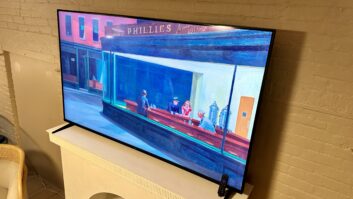Wonder what might be behind the spate of patent-infringement complaints lodged by cellphone makers before the U.S. International Trade Commission (ITC)?
The patent-infringement allegations might indeed have merit, but the complaining companies might be more willing to take their case to the federal government nowadays to take advantage of either
1. rising protectionist sentiment by lawmakers or
2. the growing willingness of lawmakers and political appointees to micromanage everything.
In the case of Motorola’s complaint against Canadian company Research In Motion (RIM), the Illinois- based company probably hopes to appeal to protectionist sentiment while capitalizing on its underdog status. But the strategy might backfire: All, or almost all, of Motorola’s cellphones are made outside the U.S., and most lawmakers and regulators are probably using BlackBerry phones.
Whatever the challenges, Motorola contended that “most or all RIM products use at least one of the Motorola patents cited” in the ITC complaint, a spokeswoman said. In 30 days, the ITC will decide whether to launch an investigation. ITC investigations are generally completed in 12 to 14 months, she noted.
In its complaint against Apple, foreigner Nokia is taking on an American-based company (even though Apple products are made outside the U.S.). In this case, if Nokia is not going to appeal to protectionist sentiment, it might instead be counting on the government’s growing penchant to poke its nose into just about anything. That could boost its position in settlement negotiations. In the past, the ITC might have given the complaint a perfunctory look before dismissing it.













